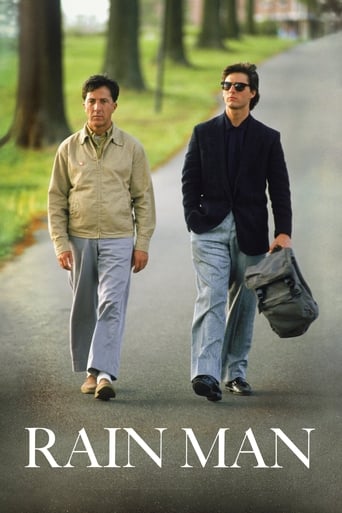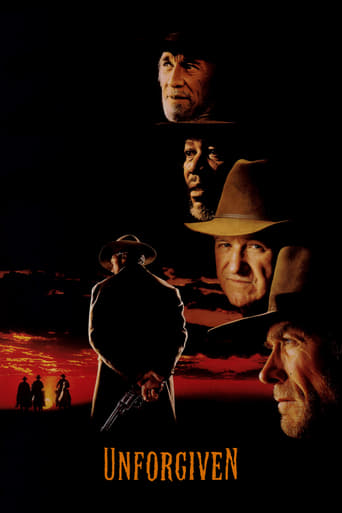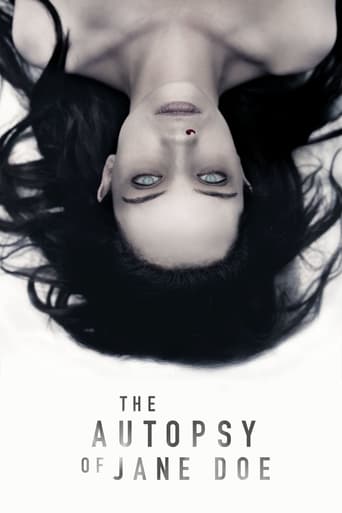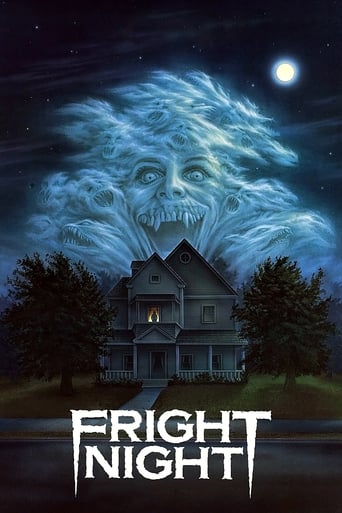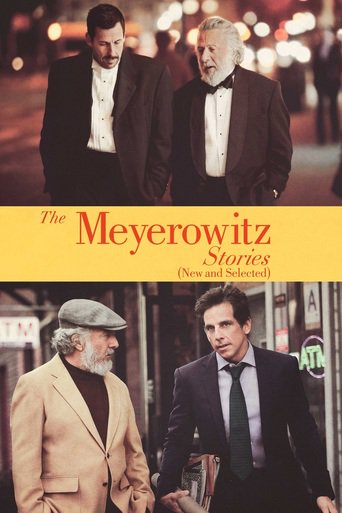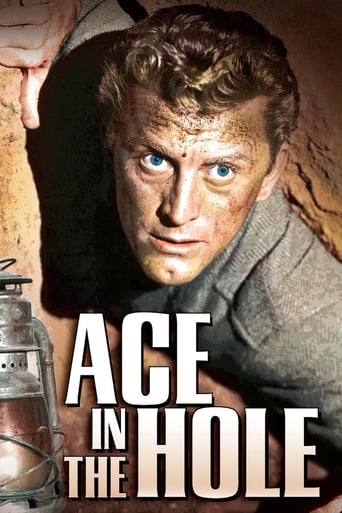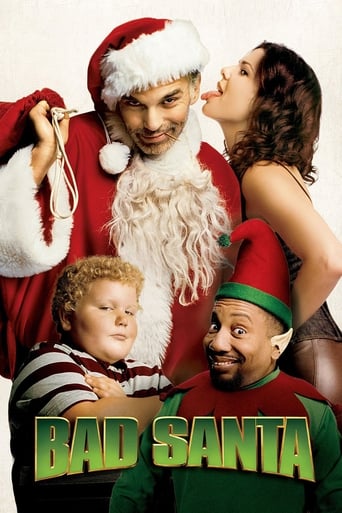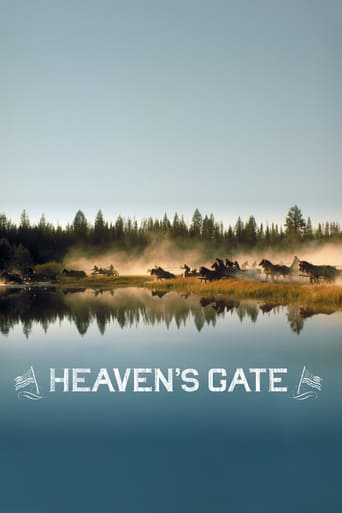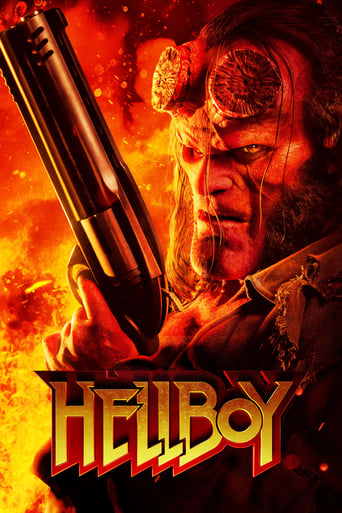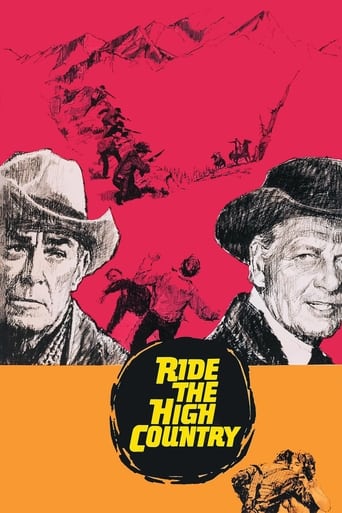


Ride the High Country
An ex-lawman is hired to transport gold from a mining community through dangerous territory. But what he doesn't realize is that his partner and old friend is plotting to double-cross him.
-
- Cast:
- Randolph Scott , Joel McCrea , Mariette Hartley , Ron Starr , Edgar Buchanan , R. G. Armstrong , Jenie Jackson


Similar titles
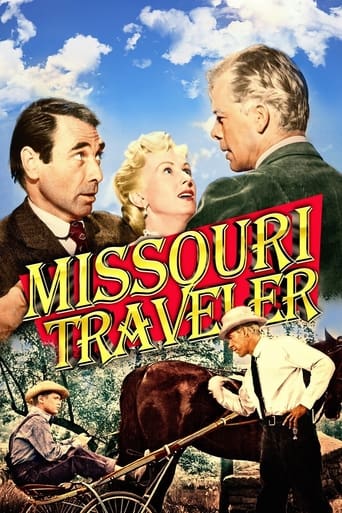
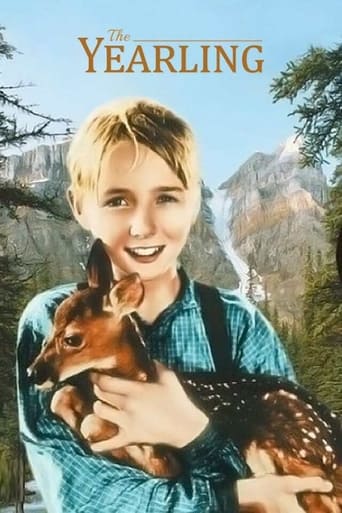
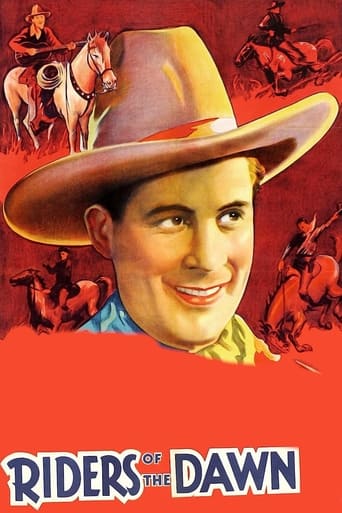
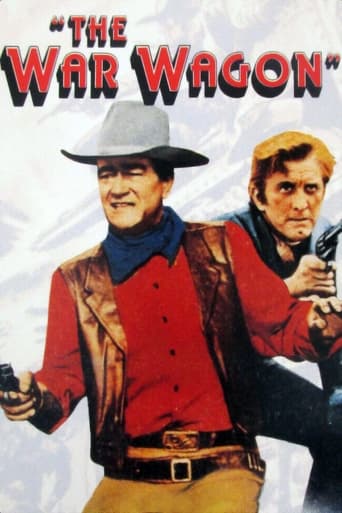
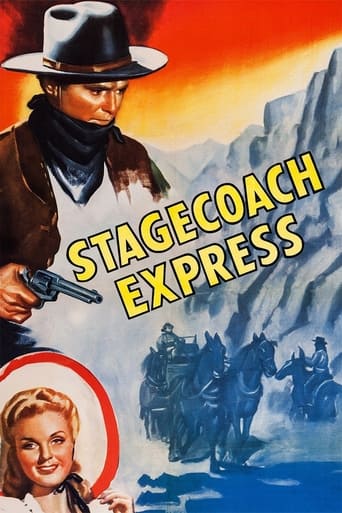
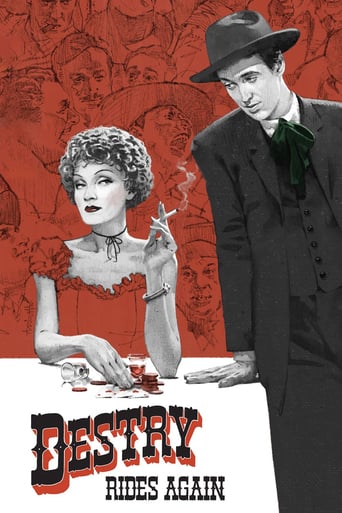
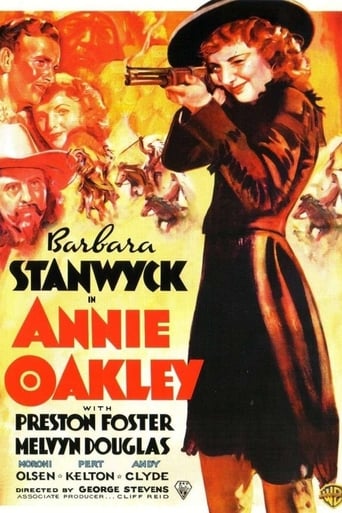
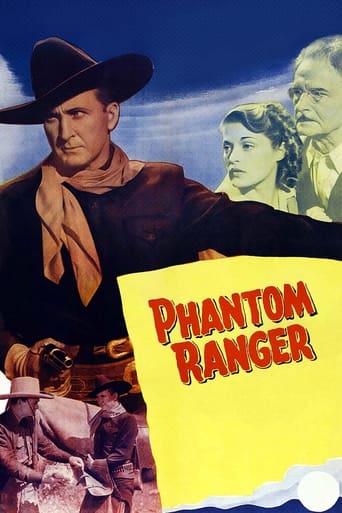
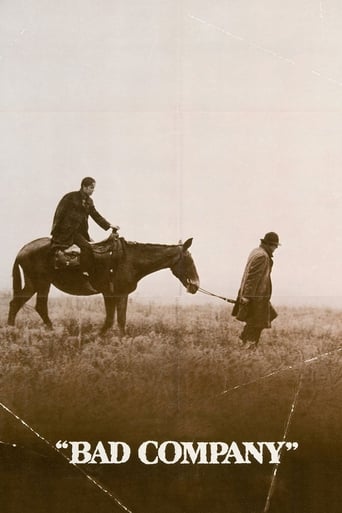
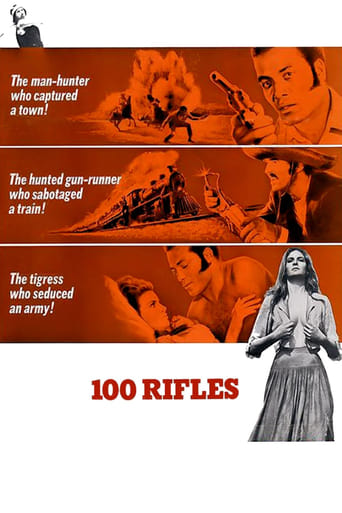
Reviews
best movie i've ever seen.
I cannot think of one single thing that I would change about this film. The acting is incomparable, the directing deft, and the writing poignantly brilliant.
Let me be very fair here, this is not the best movie in my opinion. But, this movie is fun, it has purpose and is very enjoyable to watch.
The movie turns out to be a little better than the average. Starting from a romantic formula often seen in the cinema, it ends in the most predictable (and somewhat bland) way.
Most classic Westerns are set during the period between 1865 and 1890, the quarter-century following the end of the American Civil War. Those set after that date, especially those set in the early years of the twentieth century, tend to be elegiac in tone, dominated by a wistful acknowledgement that the Wild West has now become the Tame West, a safer but also a duller place. The heroes of such films are often older men, looking back and trying to recapture the glory days of their youth. Don Siegel's "The Shootist" and Sam Peckinpah's "The Wild Bunch" are both films of this type, as is "Ride the High Country", also by Peckinpah. The action takes place in California in and around a mining camp in the Sierra Nevada. Several miners have recently been murdered by bandits while trying to transport their gold down from the camp, so the bank in the local town hires a former lawman, Steve Judd, to bring the next shipment down. Judd realises that he will not be able to accomplish this task himself, so hires his former partner Gil Westrum and a young man named Heck Longtree to assist him. If this were a standard Western set around 1870 or 1880, Judd and Westrum would have been played by actors in the prime of life, which in 1962 would have meant someone like Gregory Peck, Kirk Douglas, Charlton Heston or Paul Newman. The action, however, takes place sometime around 1905, by which time tough, sharp-shooting lawmen were a dying breed and those who survived were no longer in their prime. Judd and Westrum are ageing men in their fifties or sixties, played by those ageing veterans of the Western, Joel McCrea, and Randolph Scott.Along the way, the three men stay briefly at for the night at a farm where they discover that the farmer's daughter, Elsa, is engaged to one of the miners. Knowing that her domineering, deeply religious father Joshua (who despises miners in general and Elsa's fiancé Billy in particular) will never consent to her marriage, Elsa runs away from home and joins the three men on their journey to the camp. Upon arrival Elsa and Billy are reunited and quickly married, but almost as soon as the marriage has taken place she realises that her father was right all along. Billy proves himself to be a drunken, violent lout. To make matters worse, Billy intends to prostitute her to his four brothers, all even less desirable than he is. (The film hints at this but never makes matters too explicit, doubtless because the Production Code was still in force in 1962). The screenplay is officially credited to one N. B. Stone, but in fact Stone was a chronic alcoholic whose original draft was virtually unusable. His friend William S. Roberts produced an amended version which was then further amended by Peckinpah himself to produce the script which was eventually used. There is a curious parallel with Peckinpah's next film, "Major Dundee", from three years later. On this occasion it was Peckinpah himself who was incapacitated through drink and the film's star, Charlton Heston, who had no previous directorial experience, was forced to take over as director, although he was not credited for this. Given its tangled history, therefore, it is perhaps no surprise that the plot of "Ride the High ends up as rather baggy and shapeless. There are essentially two plots, the Story of the Gold and the Story of the Girl. In the first, Westrum (who is far less trustworthy than Judd assumed) and Heck have secretly agreed to double-cross Judd and steal the gold. In the second, all three men agree to help Elsa escape from her dreadful marriage and return safely to her father. The main difficulty is how we should regard Westrum and Heck. In the Story of the Gold they are the bad guys. In the Story of the Girl they are (along with Judd) the good guys, the bad guys in that story being Billy and his brothers. Scott and Ron Starr never seem to know how they should play their characters, whether as heroes or as villains. They are not the only characters whose portrayal seems inconsistent. Elsa's father, old Knudsen, is at one minute kindly and hospitable, at the next a bigoted domestic tyrant. Billy turns, in the space of a few minutes, from a personable young man to a complete and utter swine, so much so that it becomes difficult to understand what Elsa could ever have seen in him.On the positive side there is a reasonably good performance from McCrea as Judd, a John Wayne-style man of honour who is horrified by the idea of stealing the gold, despite the meagre wages the bank are paying him. (There is a suggestion that Judd is trying to atone for some misdeeds in his wild youth). The action sequences are well handled and the film is visually attractive with fine photography of the mountain scenery. I found the storyline too confused, however, for the film to merit the label "classic" which some have tried to pin on it. It is not in the same class as something like "The Shootist". 6/10
Released in 1962, "Ride the High Country" was Sam Peckinpah's second feature film and arguably his best Western; yes, better than the overrated "Wild Bunch" (1969). While it lacks that movie's slow-motion ultra-violence, it has a superior story and more interesting characters.BASIC PLOT: Too aging ex-lawmen and old friends take a job transporting a gold shipment from a mountain mining settlement to the bank in the town below. One is a man of integrity (Joel McCrea) while the other has compromised his (Randolph Scott). Can he be redeemed? And at what cost? What about his young mentee (Ron Starr)? The conflict between puritanical religion and purity of purpose is spotlighted with Elsa's curmudgeonly father representing the former and Judd (McCrea) the latter.Yet there's so much more, like the five redneck brothers from hell at the wild mining camp, not to mention Mariette Hartley (Elsa) in her debut. The movie's short at 94 minutes, but seems longer (in a good way) because it's so dense with gems to mine, like Elsa's brief discussion with Judd: ELSA: "My father says there's only right and wrong, good and evil; nothing in between. It isn't that simple, is it?"JUDD: "No, it isn't. It should be, but it isn't." Elsa flees the stifling clutches of her legalistic father to marry some young buck at the hedonistic frontier camp. She's swings on the pendulum from legalism to libertinism, which is the opposite extreme, but they're actually two sides of the same bad coin. Judd represents the sound middle path of wisdom. Everyone near him recognizes this and is positively influenced by him, one way or another, even his old wayward friend. Kudos to the genius of writer N.B. Stone Jr.Both Scott and McCrea retired from acting after this winner, although the latter decided to return several years later. Some say "Ride the High Country" represents the non-official end of the traditional Western and the beginning of the new.The film was shot in Inyo National Forest, Malibu Creek State Park, Merrimac & Bronson Canyon, Griffith Park, California.GRADE: A
With Sam Peckinpah directing and with Joel McCrea and Randolph Scott starring you expect a first rate western. And this one delivers. I think it lacks some of the character depth of some of the other classic westerns. But the acting is good and the story offers moral perspective. And this movie also offers some beautifully sprawling scenic shots. What did stand out for me was the ending. Not everyone rides off happily into the sunset. The final scene did take me by surprise. And even though it was within the context of the character & he did request it...it did bother me that they just walked away and left him. But I'm sure that eliciting feelings similar to mine were just what Mr. Peckinpah was going for. I would recommend this movie to anyone who enjoys an old fashioned western. It has a great teaming of stars. And a very good supporting cast.
Good Sam Peckinpah western. Interesting plot, telling the story of honour, the benefits of age and experience and the dying of the old western ways.Builds well. Not much action to start off with, but you can always sense a shoot-out is around the corner, and, eventually, it is.Not perfect though. The morality tale of the benefits of age/experience is often laid on too thick, and the plot contrived to accommodate it. Then, at the end, when it matters most, it seems watered-down and open- ended.It being Peckinpah's second movie as director, he could be forgiven for not being more subtle when it mattered and not being more forceful at other times. He would get more subtle, and much grittier...Solid performances by Randolph Scott and Joel McCrea in the lead roles. Good support from Mariette Hartley and Ron Starr.

